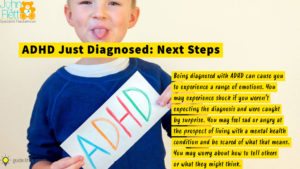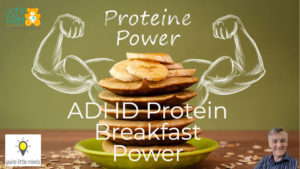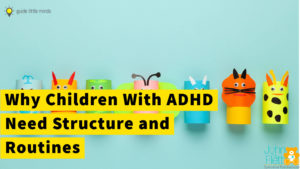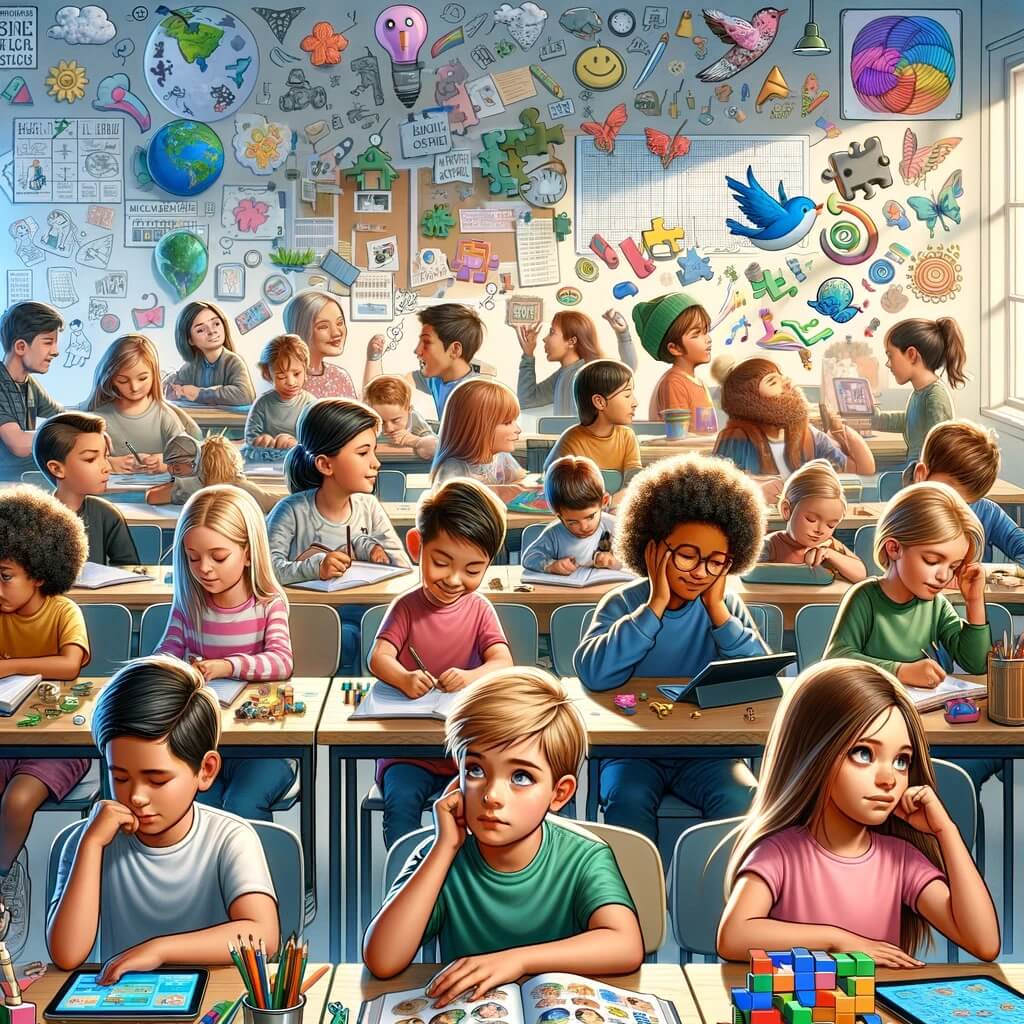Could It Be a Learning Disability? Understanding ADHD and Learning Disabilities in Children
Could It Be a Learning Disability? Understanding ADHD and Learning Disabilities in Children
When our children struggle in school, it’s natural for us, as parents, to worry and wonder about the root cause. Is it ADHD (Attention Deficit Hyperactivity Disorder), a learning disability, or perhaps a bit of both? The journey to understanding and supporting our children can often feel like navigating a maze without a map. But fear not! Let’s break down these concepts into bite-sized, easy-to-understand pieces to help you find your way.
Understanding ADHD
ADHD is a neurological condition characterized by a consistent pattern of inattention, hyperactivity, and impulsivity that interferes with daily functioning or development. Kids with ADHD might struggle to focus on tasks, sit still, or think before acting. It’s not just about being extra energetic or curious; ADHD affects how they learn, play, and interact with others.
What Are Learning Disabilities?
Learning disabilities are brain-based issues that affect the brain’s ability to receive, process, store, respond to, and communicate information. They can impact a child’s ability to read, write, speak, spell, or do math. Unlike ADHD, which is more about concentration and behaviour, learning disabilities specifically relate to learning and academic skills.
The Different Types of Learning Disabilities
1. Dyslexia: This is perhaps the most recognised learning disability, affecting reading comprehension, spelling, writing, and sometimes speaking.
2. Dyscalculia: Kids with dyscalculia struggle with math. They might find it hard to understand numbers, learn math facts, or solve math problems.
3. Dysgraphia: This affects writing abilities. It can lead to problems with spelling, handwriting, and organising ideas.
4. Dyspraxia (also known as Developmental Coordination Disorder): Though not always classified strictly as a learning disability, it affects motor skill development and can impact a child’s ability to perform tasks requiring coordination and movement.
5. Language Processing Disorder: A type of auditory processing disorder that makes it difficult to understand language and express oneself with language.
ADHD vs. Learning Disabilities: Spotting the Difference
While ADHD and learning disabilities can share some overlapping symptoms, such as difficulty focusing in school, there are key differences. ADHD primarily affects attention, behavior, and energy levels. In contrast, learning disabilities are directly tied to how a child processes and understands information.
For example, a child with ADHD might struggle to pay attention during reading lessons, making it look like a reading issue. However, the root cause is their inability to focus, not a fundamental difficulty with reading itself. On the other hand, a child with dyslexia will have a specific challenge with reading, regardless of their ability to pay attention.
The Possibility of Comorbidity
It’s not uncommon for a child to have both ADHD and one or more learning disabilities. When they co-exist, it can make the learning environment even more challenging for the child. Understanding and diagnosing these conditions can require careful assessment by professionals who can differentiate between them and recommend appropriate interventions and support.
Supporting Your Child
If you suspect your child may have ADHD, a learning disability, or both, the first step is to seek an evaluation from a qualified professional, such as a paediatrician, psychologist, or educational psychologist. They can conduct assessments to identify your child’s specific challenges and strengths.
Interventions and Support
Support for ADHD and learning disabilities might include:
– Educational interventions: Tailored learning strategies, tutoring, and specialized education plans (like an IEP in many countries) can make a big difference.
– Behavioral strategies: For ADHD, techniques to improve focus, organization, and behavior can be beneficial.
– Medication: In some cases, medication is recommended for ADHD to help manage symptoms.
– Therapy: Occupational therapy, speech therapy, or psychotherapy can support children with specific learning disabilities or ADHD.
Conclusion
Discovering that your child may have ADHD or a learning disability can be a moment filled with mixed emotions. However, with the right support and understanding, children with these challenges can thrive. Remember, every child’s journey is unique, and with love, patience, and the right interventions, your child can navigate their path to success. As parents, you’re not alone. There’s a community and professional support ready to help you and your child every step of the way.





Responses